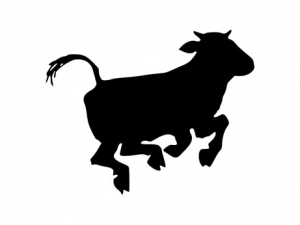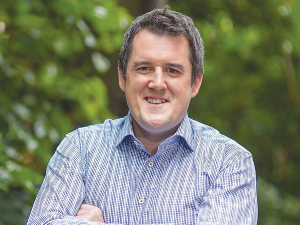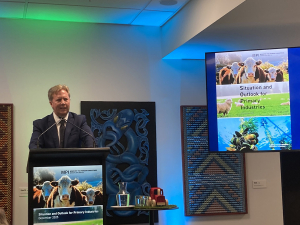Access to these cells, which can become all kinds of tissues, e.g. skin, muscle or bone, could make it easier to tweak and preserve useful genetic traits of beef and dairy breeds.
That in turn could lead to animals that produce more milk or more tender meat, face fewer complications in giving birth, or have greater resistance to diseases. The discovery might also open up new ways to study the cow’s basic development and to model human diseases.
“I thought I would never see this happen in my lifetime,” said Jose Cibelli, a developmental biologist at Michigan State University, one of a team that tried to harvest bovine ES cells in the late 1990s.









